Speech, language and communication
Communication and language skills are vital for your child’s development. These skills will affect their future life chances and relationships. It can also impact your child’s ability to learn, make friends and develop ideas and opinions.
If your child has additional needs visit our specific section for more support
The differences between speech, language and communication
Speech, language and communication can be easily confused. Here are the differences between them:
Speech is how you say it. It is how clearly you speak, using the right sounds and putting them in the right order so that others can understand you clearly.
Language is what you say. It is how we use words and sentences to understand and express.
Communication is the message you are trying to get across. You can communicate without words by using gestures, expressions and moving your body.
Learning to communicate
Find other pages on speech, language and communication

Attention and listening skills
The most important skills needed for communication are attention and listening skills. All other communication skills are based upon the ability to pay attention and listen.
Read more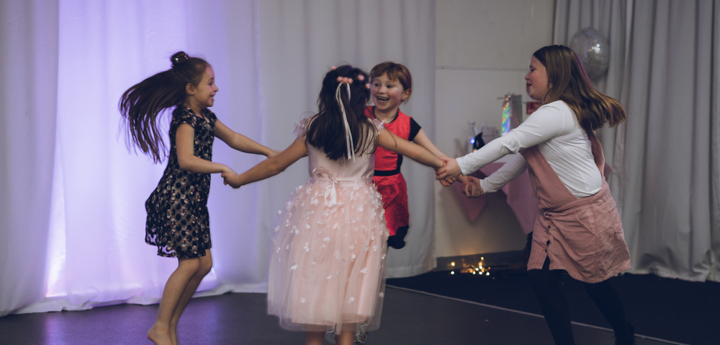
Playing and social skills
Play is your child’s way of exploring and learning about the world. It can help them understand new words and learn how to communicate with others. Playing and social skills are important for your child to learn.
Read more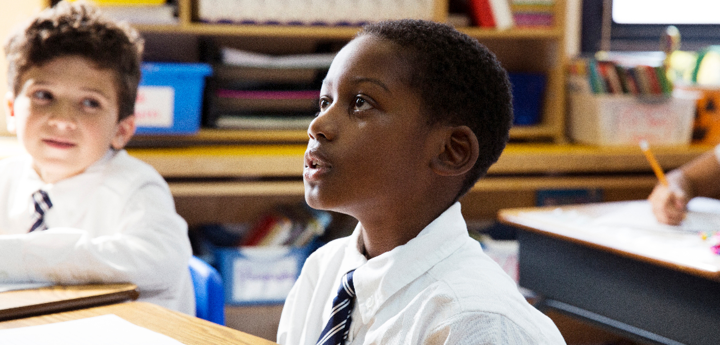
Understanding language
Understanding spoken language helps children follow instructions, answer questions, understand stories and identify objects and pictures. A child’s understanding of language is usually ahead of their ability to use language.
Read more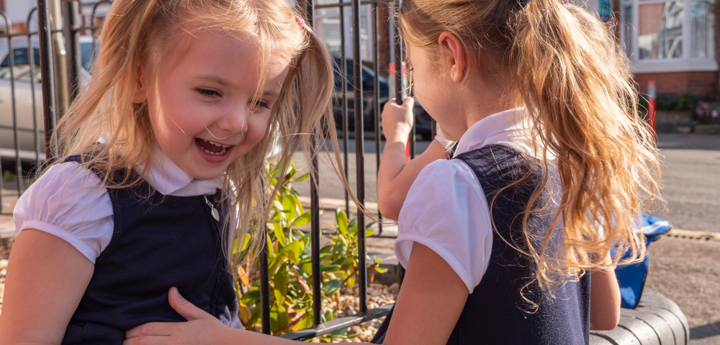
Using language
The use of language or 'expressive language' is how your child is learning to say new words and put them together into sentences. It also includes non-verbal communication like gestures.
Read more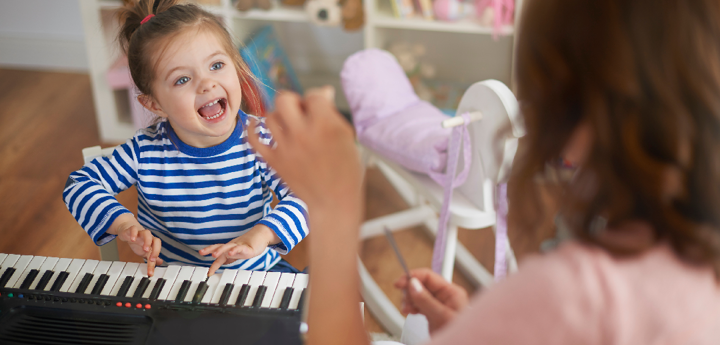
Speech sounds
Speech sounds are the individual sounds we use to make words. The sounds we make when we speak are made from the voice box (larynx), mouth muscles, jaw, lips, teeth, and tongue. In English we have 46 sounds for 26 letters of the alphabet.
Read more
Bilingualism
Bilingualism is the ability to communicate in two or more languages. Information and advice for parents on bringing your child up bilingual, the benefits of bilingualism, and some ways you can encourage your bilingual child. Professionals advice on what to expect from a bilingual child.
Read more
Communicating with your baby
Infants and babies can communicate from the moment they are born. As soon as they arrive, your baby is learning about speech, language, and communication. It's important to talk to your baby and to encourage them to notice noises and sounds. Learn more about eye-contact and showing your baby new sounds.
Read more
Developing language
As children grow older, their list of known words becomes bigger and more complicated. They learn new ways to put words together into sentences. Their understanding and comprehension of spoken, non-spoken and written communication also progresses.
Read more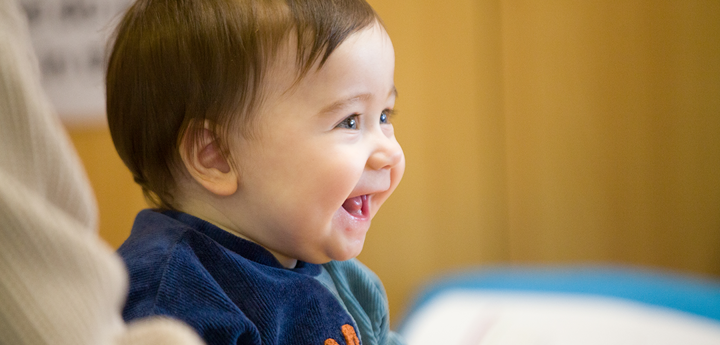
Helping your toddler to talk
Learning to talk is a key milestone for children however talking can be intimidating. Learn about using copying techniques and words to encourage your toddler or child to talk. Find advice on whether dummies or pacifiers can impact speech development.
Read more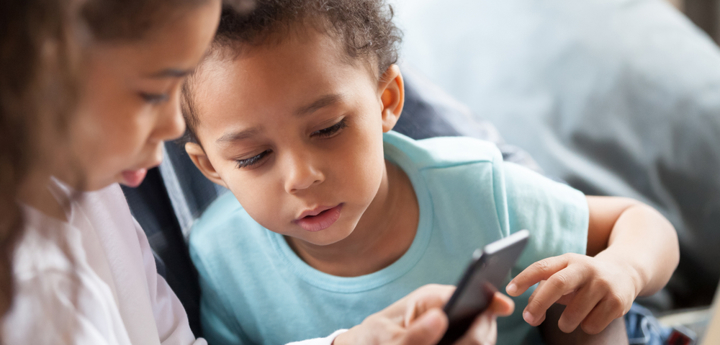
Selective mutism
Selective mutism is an anxiety disorder. It is where a person who is able to speak, cannot speak in specific situations or to certain people. Selective mutism will often come with shyness or anxiety.
Read more
Stammering
Stammering (also known as stuttering) is a difference in how speech sounds and words flow. It can develop gradually or your child can suddenly start stammering.
Read more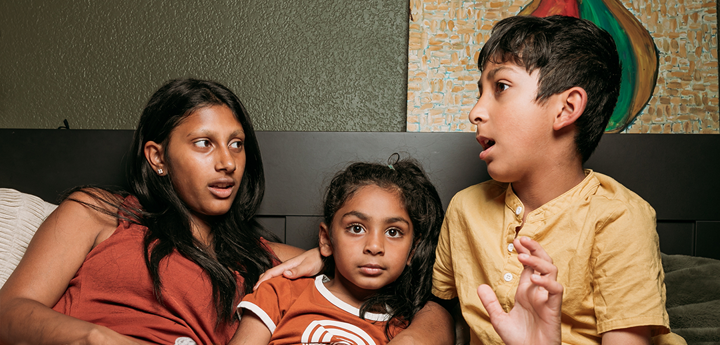
Storytelling and narrative
Learning to tell a story and sequence events are essential skills for children and teenagers to learn. It will help them understand the order of events and how to tell an engaging story. These stories can be from their imagination or repeating the events of the day.
Read more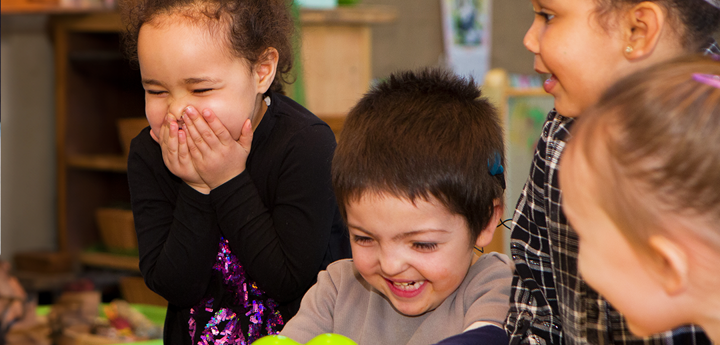
The importance of play
Playing can be a great way for your child to exercise but playing also helps children learn. They learn how to interact with their surroundings, find their interests and learn about the world around them. It’s also a great way to build a relationship with your child and create memories together.
Read more
Tongue tie
Tongue tie is when the tongue is restricted. This is caused by the fold under your tongue (also known as the frenulum) being too tight or short. It can also cause the tip of the tongue to look blunt, forked or have a heart shape in appearance. Read about the impact on speech and ways to treat tongue tie
Read moreWho can help
If you have any questions or concerns about your speech or use of language, a health professional in our team will be able to offer advice and support.
You can Call Us on 0300 029 50 50 or Text Us on 07520 649887 to start a conversation.
Open Monday to Friday 9am to 5pm (excluding bank holidays).
